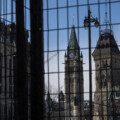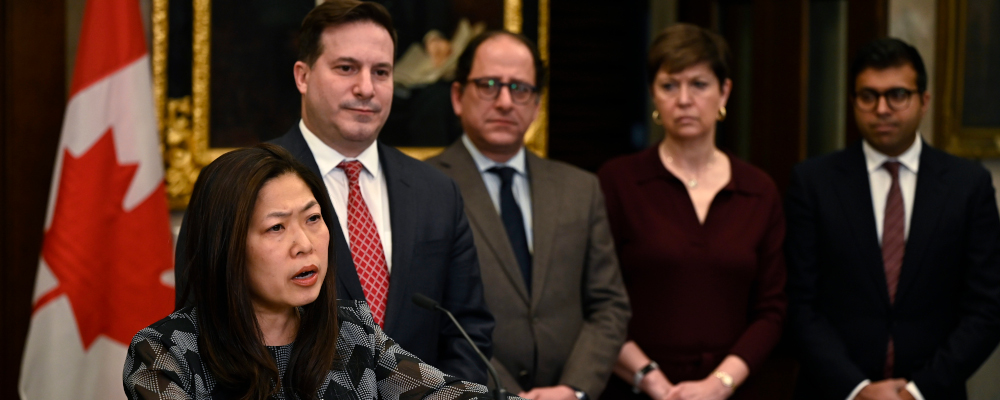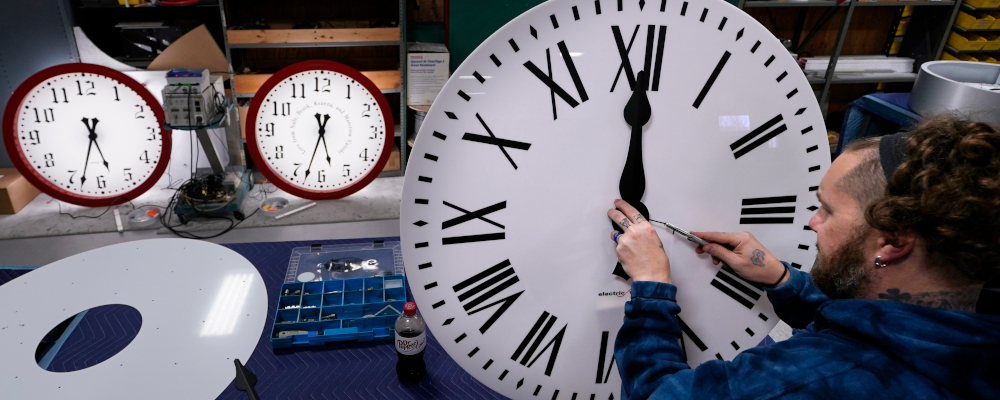Last week, Prime Minister Justin Trudeau announced his latest response to the ongoing situation related to allegations of PRC-supported influence being exerted in our elections: the appointment (within “weeks“) of an “eminent Canadian” to serve as a “special rapporteur”. This has generated its own debate—namely, what is a special rapporteur, exactly, and what would they do?
The problem is that we have never had one—at least not one mandated by Ottawa for domestic concerns. We usually use Royal Commissions and Public Inquiries in these instances, which, like them or not, are easily recognizable and tested vehicles of investigation and institutional review.
This is not to say that Canada has never had a special rapporteur. Stephen Toope served as one from 2002 and Bernard Duhaime from 2014 to 2021. But those roles were with the Working Group on Enforced or Involuntary Disappearances, affiliated with the UN Human Rights Council.
In fact, the whole concept of a “special rapporteur” is a United Nations creation and is employed exclusively in the area of human rights. Considered to be independent experts, their role is defined by the special procedure provisions held by the UN Human Rights Council. Those named serve a three-year mandate. At the moment, there are 45 thematic mandates and 14 that are country-specific.
At present, we have no clear idea what Prime Minister Trudeau intends with his home-grown domestic appellation of a special rapporteur. All we know is what the UN says they are. Assuming the use of the unconventional title isn’t some cynical messaging ploy and tries to emulate the established pattern of its UN counterpart, we can draw on the UN experience to gain insight on what a special rapporteur is and what he or she might do.
The main qualifications of a special rapporteur for the UN are that he or she is a recognized expert in the requisite field and that they are politically neutral.
Mr. Trudeau indicated that an “eminent Canadian” would be named to this role. Certainly, there is no shortage of those who would be well-versed in the various elements of what this work would require, from constitutional and electoral law to human rights, geopolitics, and national security. What is more difficult—possibly impossible—is to find such a singly talented and accomplished individual who does not have skin in the game, who has never had an association with any of Canada’s major political parties, nor functioned in any capacity with think tanks and advocacy groups such as the Trudeau Foundation (a recipient of past donations of PRC origin), or those with some affinity with a party, such as Canada 2020 (Liberal), the Canada Strong and Free Network/Manning Centre (Conservative), or the Broadbent Institute (NDP).
The UN’s task is relatively easy insofar as special rapporteurs are rarely—if ever—nationals of the countries that they are tasked to conduct their inquiries in.
In terms of the work, UN special rapporteurs are on a mandate set by the UN Human Rights Council, not by the subject jurisdiction. These are broad remits and they are generally able to take the inquiry where they see fit. A special rapporteur can investigate any individual cases of “reported violations and concerns of a broader nature” and can send “communications” out related to them—and not just to the subject government. UN Special rapporteurs can also communicate to others, such as “intergovernmental organisations, businesses, military or security companies.”

If this special rapporteur is meant to function in a similar fashion, they would need to be empowered to interview all manner of individuals—within the government, the opposition, the intelligence and law enforcement communities, academia, and any advocacy groups within the broader society. Given the government’s reluctance to agree to certain witnesses to testify to the PEOC, it is hard to believe that such an unrestricted inquiry would be part of that mandate letter.
But if the government resolved to appoint a special rapporteur whose qualifications and remit approximated the UN precedent, what would it look like?
For one, as it is unlikely a prominent Canadian would be politically neutral to a sufficient degree, the government would need to entertain the possibility of appointing a foreign national knowledgeable in the systems and structures of Canada’s parliamentary democracy. A high-ranking judge or diplomat from Britain, Australia, or New Zealand—jurisdictions that approximate Canada on multiple levels and utilize the Westminster system of government—could ensure both political neutrality and prodigious knowledge.
The rapporteur would also need to be able to set their own direction, have adequate access to information (although much of the classified documentation would be off-limits to a foreign national), and be able to share their report to a broad audience—both within government and outside.
Even in a world where language transmogrifies at an increasing pace, where terms lose old meanings and take on new ones, words still matter. Definitions matter. While unique in the context of the parry and thrust of Canadian politics, the concept of a “special rapporteur” exists, has existed for years, and has a working definition. Employing the term in the context of the allegations of PRC election interference set expectations on process and conduct. The government assumes a greater risk by not respecting that record.
Recommended for You

The Weekly Wrap: It’s time to cut through Chesterton’s Fence and implement sweeping reform in Canada

Has the Left lost its masculine energy?

The Week in Polling: Young Canadians delay milestones due to high costs, Liberals lose the youth vote, and most Canadians fear a Trump-Vance White House

Ginny Roth: J.D. Vance, Pierre Poilievre, and how they slice their economic pie









